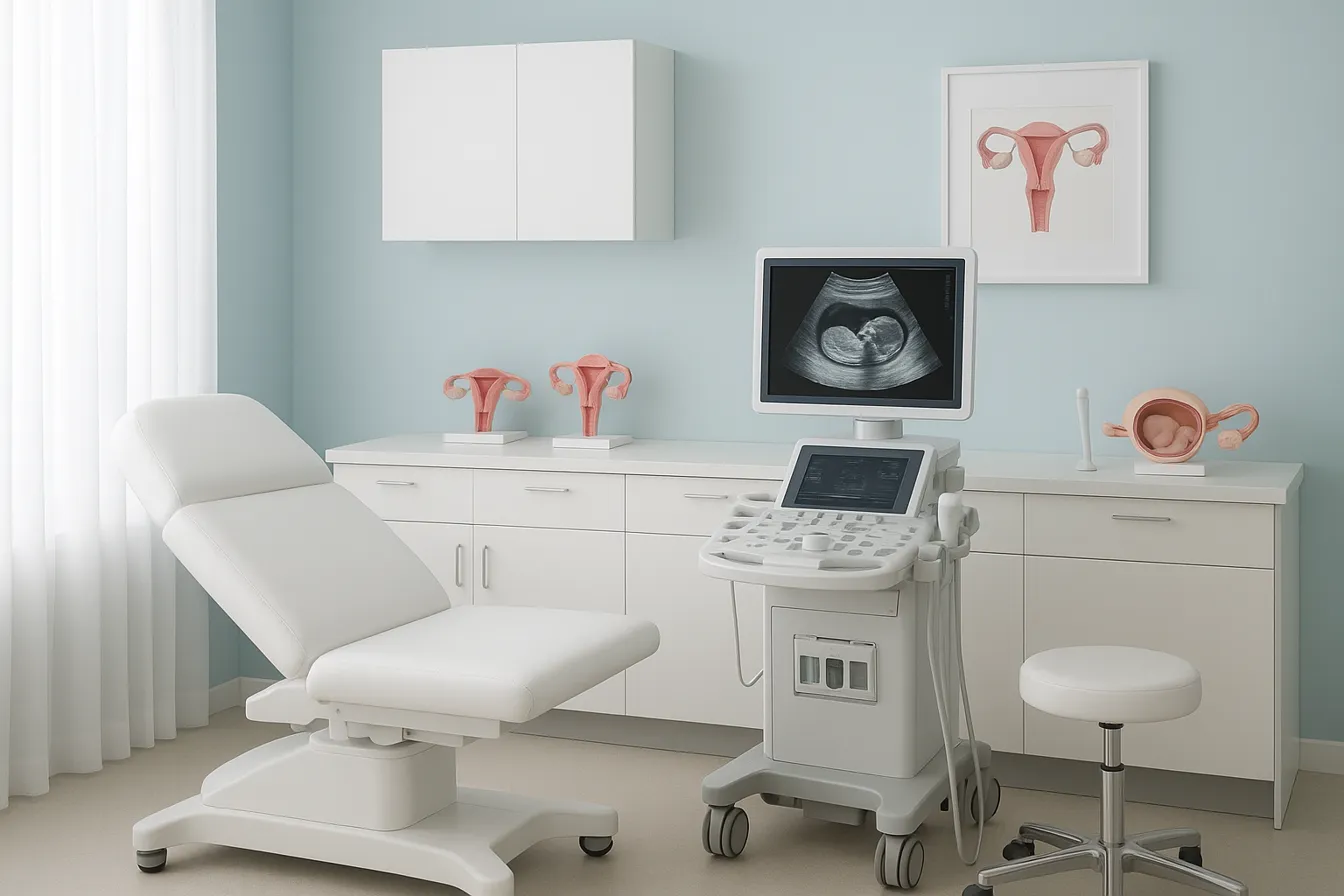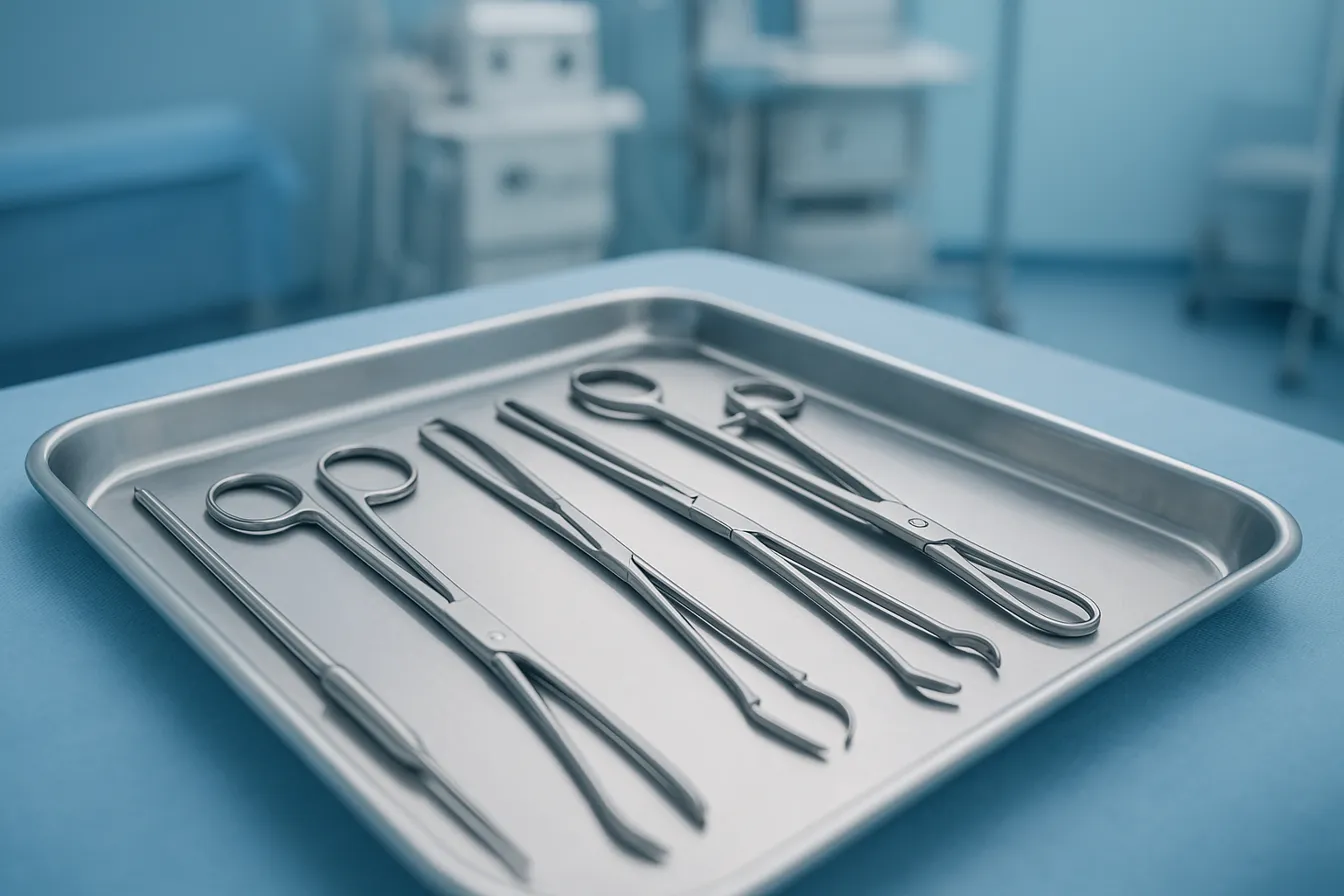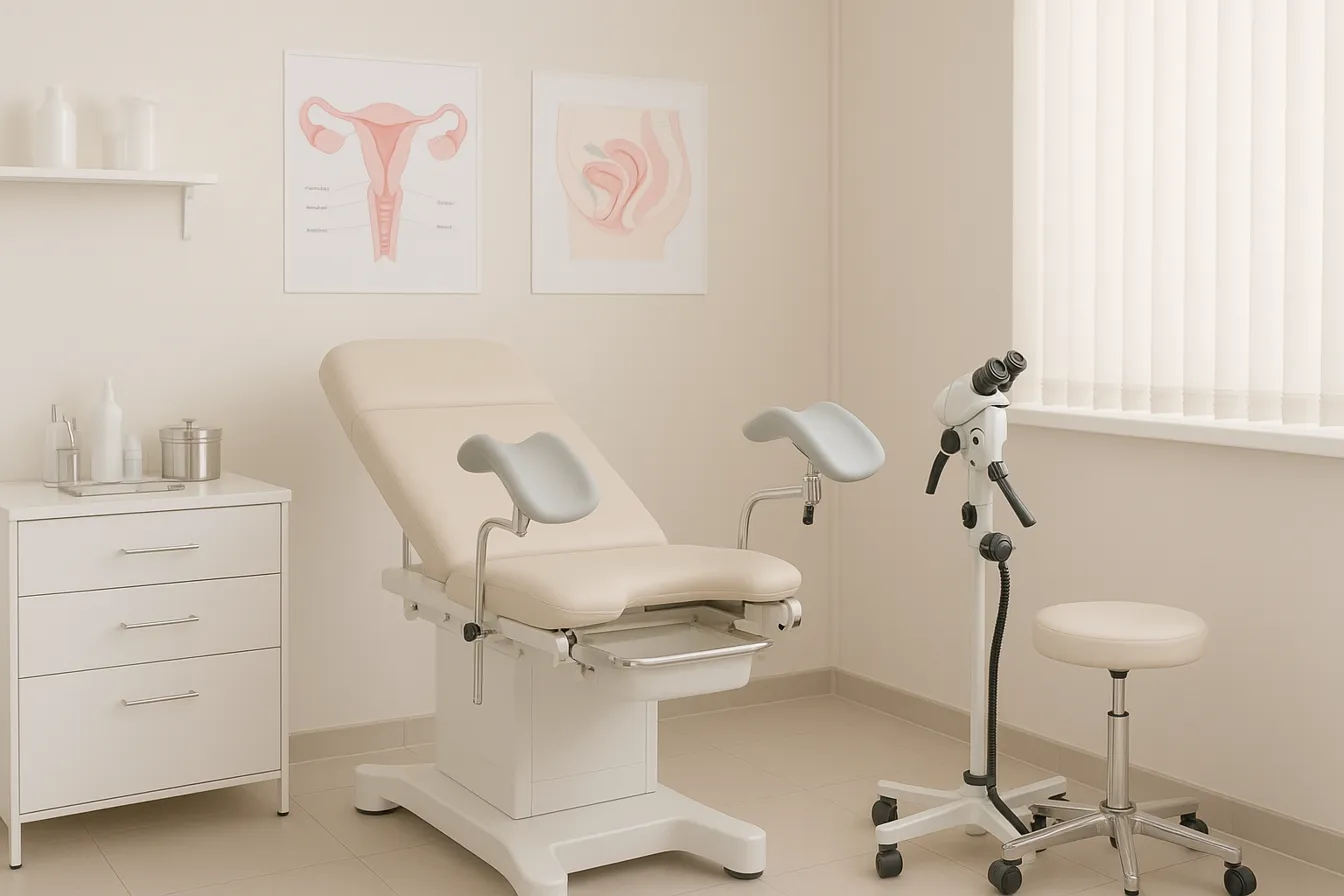Comprehensive Guide to Understanding and Managing Infertility

After delivering your new baby, you need lots of energy to keep up with the changes in your routine that come along with caring for a newborn. To boost your energy levels and support your body’s postpartum recovery, there are diet changes you can make starting soon after childbirth.
At Raveco Medical, our obstetrics specialists offer comprehensive care throughout your pregnancy and during labor and delivery. We also provide postpartum care for new mothers to help them adapt to the changes they experience with their body and in their daily life.
To care for your baby, you need to fuel yourself with high-quality nutrition. Our providers can customize diet recommendations to your specific needs. We’d also like to highlight some general changes you can start making now to shed excess baby weight and provide your body with what it needs to stay healthy.
5 postpartum diet changes to consider
There are certain nutrients your body needs to support milk production, weight loss, and energy levels in the postpartum months after childbirth. Here are five strategies you can use to enhance your diet and eating habits:
1. Shop for nutrient-dense foods
Your grocery shopping list should include plenty of nutrient-dense, fresh foods, including fruits and vegetables, lean proteins, and healthy fats.
These foods help you lose excess baby weight and give your body the energy it needs for nighttime feedings and other newborn care duties.
2. Drink lots of water
Staying hydrated is an important part of postpartum recovery, but eating and drinking on any kind of schedule can be difficult with a new baby in the house. Aim to drink about three liters of water a day, especially if you’re breastfeeding to lower your risk for dehydration.
If you notice your urine is dark in color, it can be a sign of dehydration and you may need to consume more water throughout the day. Be sure to carry fresh water with you when on the go, so you can drink whenever you’re thirsty.
3. Keep taking your prenatal vitamins
Moms should keep taking prenatal vitamins for as long as they breastfeed.
If you’re not breastfeeding your child or when you stop, our providers can recommend other dietary supplements you can take to ensure your body gets the vitamins, minerals, and other essential nutrients it needs to function optimally.
4. Be mindful of calories
Postpartum women need a certain number of calories each day, especially when breastfeeding. Mothers who breastfeed may need more calories than those who bottle feed.
Because your calorie intake depends on your age, body structure, activity levels, and other factors, our team can recommend how many calories to consume in a day.
5. Limit caffeine
The caffeine you drink can pass to your baby through your breast milk. While small amounts of caffeine may not affect your baby, it’s best to limit caffeine when breastfeeding.
Avoiding caffeine can also support better sleep quality and not make you feel jittery during the day. This can go a long way to helping you feel well-rested each day and ready to care for your baby.
For more postpartum nutritional advancement, schedule a consultation at Raveco Medical in Woodside or Forest Hills, New York, or book an appointment online today.





.png)